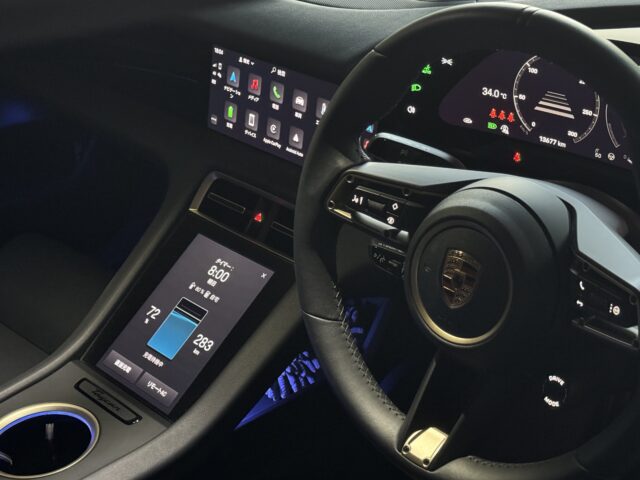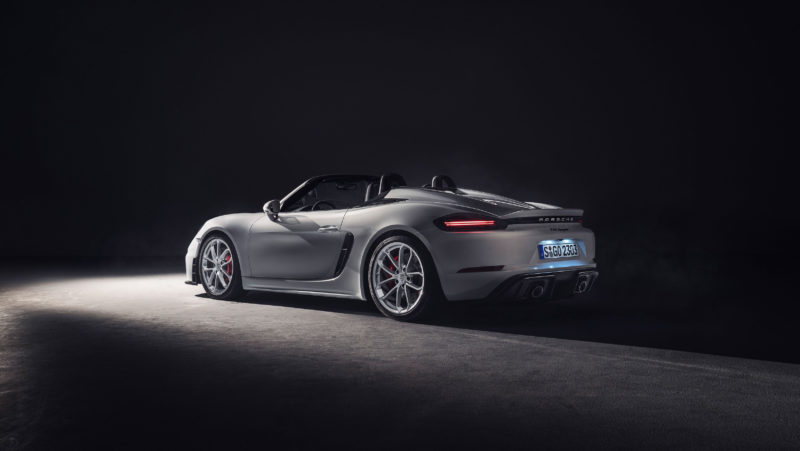Porsche Significantly Revises EV Strategy in Response to Rising Demand for Internal Combustion Models
公開日:

コンテンツ
Porsche Announces Review of EV Strategy
Porsche has announced a major revision of its electric vehicle (EV) strategy. This decision comes in response to sluggish sales of the Taycan and the persistent demand for internal combustion engine models. Porsche’s shift from its previously aggressive EV push clearly reflects customer preferences and a strong attachment to traditional powertrains.
Porsche’s CFO, Lutz Meschke, stated, “It is a clear trend that many customers in the premium and luxury segments are looking towards internal combustion engine vehicles.” To address this trend, Porsche has outlined the following strategies:
- Refreshing existing internal combustion models such as the Panamera and Cayenne
- Continuing the rollout of plug-in hybrid models
- Increasing production line flexibility – enabling production of internal combustion, plug-in hybrid, and EV models on the same line
- Enhancing R&D flexibility – developing internal combustion variants derived from EV models
Possibility of Internal Combustion Engines in EV Models
Porsche is reportedly considering incorporating internal combustion and hybrid options into model lineups originally developed exclusively as EVs.
However, this plan faces significant technical challenges.
For example, the next-generation 718 Boxster and Cayman are being developed as fully electric vehicles and are expected to be unveiled soon. Adding internal combustion engines to these models would require extensive redesigns. Even if realized, it could take several years before they reach the market.
Additionally, the flagship SUV “K1,” scheduled for release in 2028, was initially conceived as an EV. Given its scale and development timeline, adapting it to a hybrid powertrain is considered more likely.
Market Trends and Porsche’s Performance
Porsche had previously planned for 80% of its production to be EVs by 2030. The remaining 20% was to be comprised mainly of the 911, which would introduce its first hybrid model but avoid full electrification until the mid-2030s.
The Taycan initially enjoyed strong sales but saw a sharp decline in 2024, particularly in the Chinese market. Meanwhile, sales of the 718 series with internal combustion engines have remained robust.
As a result, Porsche’s operating profit from January to September 2024 fell 26.7% year-on-year to €5.5 billion (approximately $5.95 billion).

Outlook
Porsche’s recent strategic shift can be seen as a cautious response to market reactions to rapid EV adoption. The company aims to build a balanced lineup that flexibly meets customer needs while complying with environmental regulations.
It is likely that the coexistence period of internal combustion and EV models will be extended. Further advancements in hybrid technology and the practical use of synthetic fuels could also significantly influence Porsche’s powertrain strategy.
For Porsche enthusiasts, this is positive news as it broadens the range of choices. Whether you enjoy the traditional engine sound and driving feel or want to experience the latest EV technology, the era of selecting a Porsche that fits your individual preferences looks set to continue for some time.
このブログが気に入ったらフォローしてね!


Comment ( 0 )
Trackbacks are closed.
No comments yet.